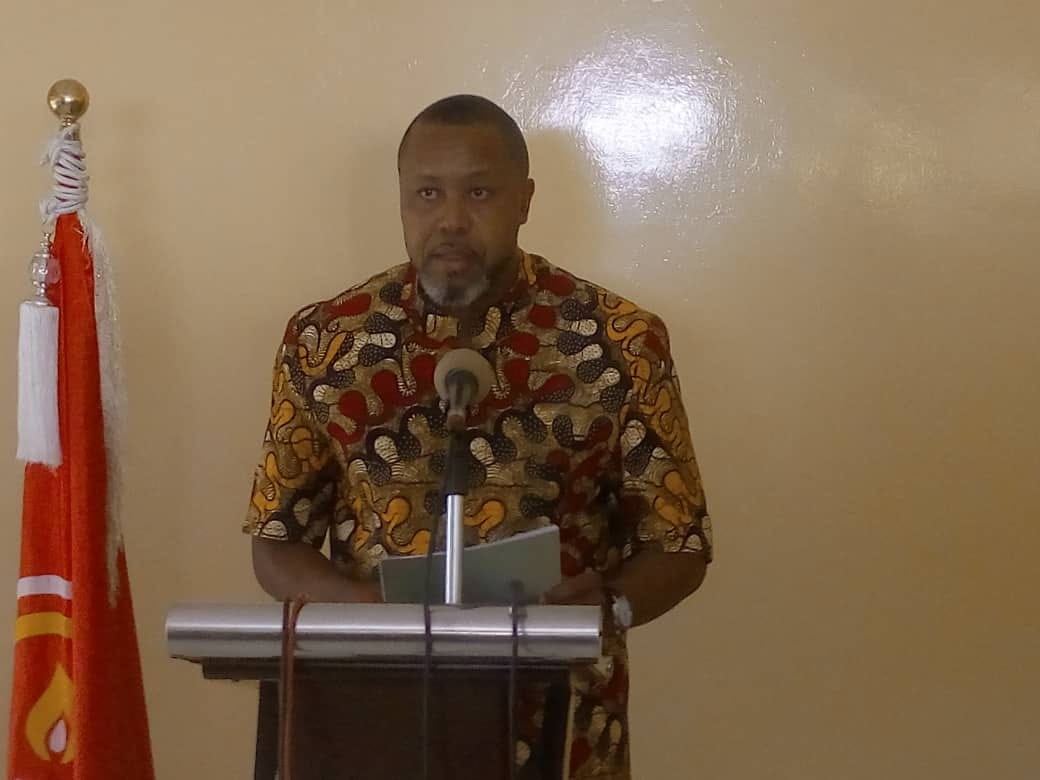British High Commissioner to Malawi Michael Nevin has appealed to the government to consider signing a declaration aimed at promoting media freedoms, which Media Institute of Southern Africa (Misa) Malawi Chapter presented to President Joyce Banda last week.
He was speaking on Tuesday night when he hosted a reception for the National Press Club, the Media Institute of Southern Africa (Malawi Chapter) and other media organisations, as a curtain-raiser to commemorations marking World Press Freedom Day on 3 May.
While acknowledging positive strides Banda’s administration has achieved, including the repealing of Section 46 of the Penal Code, he said the government can do better by among other things, updating Malawi’s laws so that elements that hinder principles of media freedoms are removed.
“This government has already made important strides to reverse Malawi’s recent decline in international freedom of the press rankings. The government’s resolve to lift the so-called ‘bad laws’, particularly Section 46 of the Penal Code, has rightly been applauded internationally.
Could the Government go further? Perhaps. I encourage the government to consider the proposals that Misa has made to update Malawi’s laws in order to remove or modernise a legal framework that some would say runs counter to principles of media freedom,” Nevin said.
His appeal comes days after President Banda officially refused to sign a media freedom declaration called Table Mountain Declaration. On the performance of Malawi Broadcasting Corporation (MBC), Nevin said there is still room for improvement.
“There is a wonderful opportunity also to change the perception of bias on political and social affairs of the Malawi Broadcasting Corporation. Too many successive governments have restricted and frustrated the capable journalists, editors and producers at MBC from delivering balanced coverage and debate,” he said.
He said he welcomed government’s engagement with Misa on public broadcasting reform and the commitment to uphold MBC’s independence.
Nevin also encouraged the media to be responsible.
“Of course, there has to be a balance. The media itself, if it is to retain its credibility (and avoid expensive civil lawsuits), has an interest in promoting and enforcing ethics and high journalistic standards. It is in the media’s interest to show that self-regulation is effective; that quality control is a key principle of any media organisation; that the upkeep of journalistic standards and ethics are a central philosophy of the organisation; and that those standards are rigorously promoted and upheld,” Nevin said.




